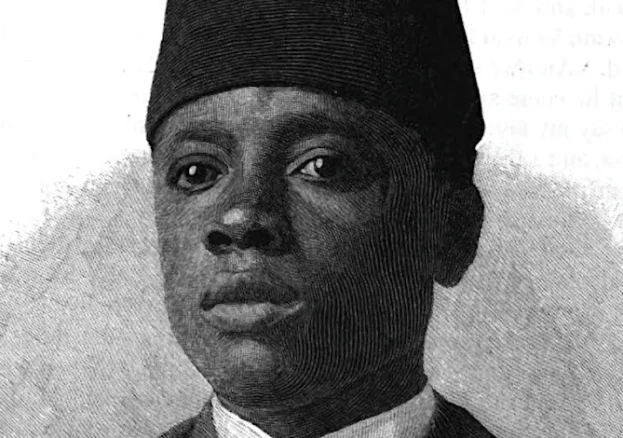
In some of the most widely circulated images of Henry Morton Stanley, the Welsh-American explorer and travel writer poses in opposition to a subordinate black body.
Audiences at Stanley’s popular lectures in Britain, Ireland, and North America were treated to a similar spectacle (in press accounts, these individuals are usually described as ‘African servants’ or simply ‘black boys’). Yet some of Stanley’s African ‘valets’ had completed feats of travel to rival the great ‘explorer’ himself. This paper will consider Stanley’s heroic self-fashioning from the perspective of one of these unheralded African travellers. A native of Zanzibar, Saleh bin Osman travelled extensively in India, Africa, Europe and North America.
In his short career as a porter, servant, and translator, he navigated competing spheres of Arab, British, German and Portuguese imperial influence in East Africa. Unusually for an African recruit on European expeditions, several documents (published and unpublished) record Saleh’s experiences in his own words (albeit mediated by the racialised conventions of the imperial archive).
Yet by concentrating on the traces of Saleh bin Osman’s story, we begin to discern an alternative history of the European encounter with Africa. When the subaltern figure of the ‘African servant’ asserted his limited agency to disruptive ends, both the authority of the white explorer and the racial hierarchies of Euro-American society were briefly unsettled.
Location: Queen Mary University of London Mile End Road London E1 4NS
Date and time: Wed, 7 December 2022, 17:00 – 18:00 GMT
Book Ticket here
Brian Murray studied at Trinity College Dublin and Oxford before completing his PhD at King’s in 2011. From 2012 to 2015, Brian was Postdoctoral Research Fellow at Cambridge, where he worked with ten other scholars on a collaborative European Research Council project ‘The Bible and Antiquity in Nineteenth Century Culture’. He returned to King’s as Lecturer in Nineteenth-Century Literature in 2015. Brian’s research interests include travel writing, religion, empire and the reception of the classical and biblical past in the nineteenth century.
